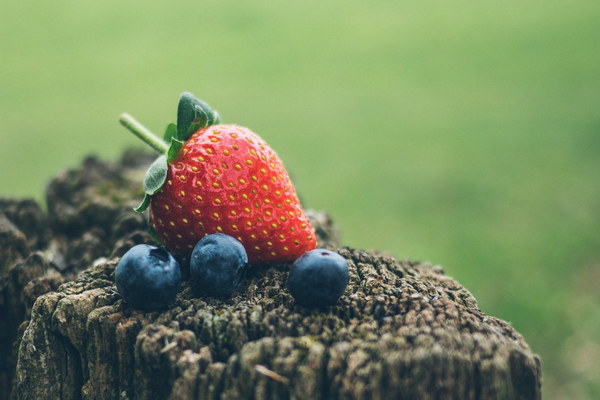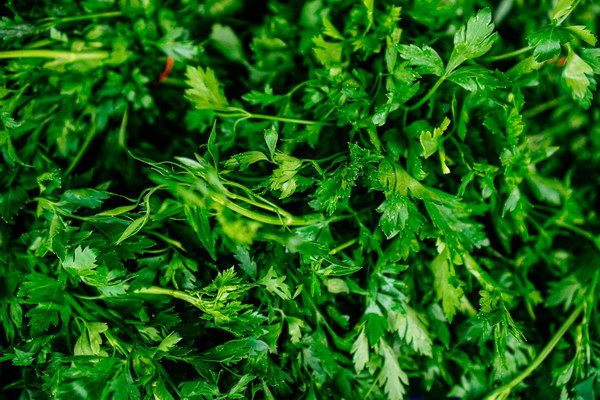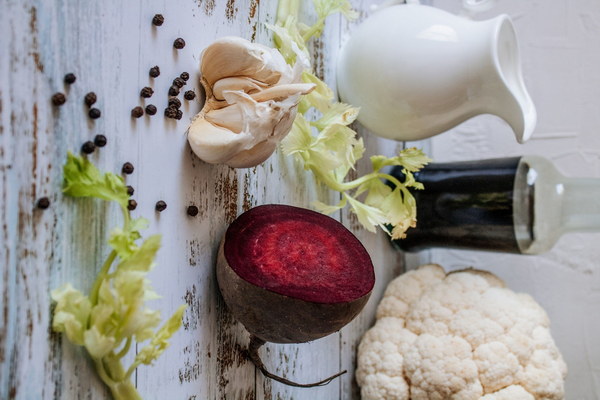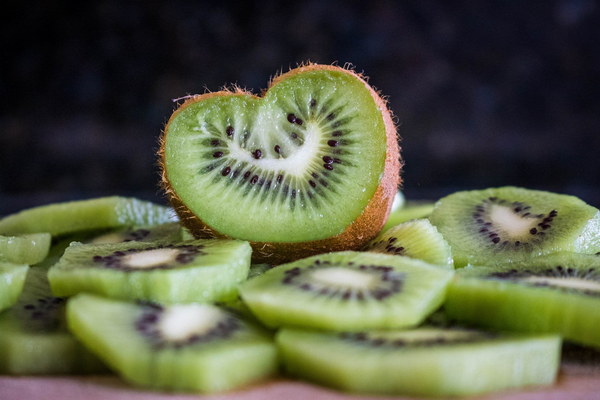The Art of Tonification Understanding the Essence of Tonifying in Traditional Medicine
In the realm of traditional medicine, the concept of tonifying is a cornerstone of healing practices. Tonification, at its essence, refers to the act of strengthening and balancing the body's vital energies to promote overall health and well-being. This holistic approach is deeply rooted in various medical systems, such as Traditional Chinese Medicine (TCM), Ayurveda, and Western herbalism. Let's delve into what tonification entails and how it can be applied to enhance one's health.
Understanding Tonification
Tonification is based on the belief that the body contains various life forces or energies, such as Qi (Chi) in TCM, Prana in Ayurveda, and Vital Force in Western herbalism. These energies are crucial for maintaining physical, emotional, and mental health. When these energies are depleted, imbalanced, or blocked, illness and discomfort may arise.
The primary goal of tonification is to restore and maintain these energies at an optimal level. This can be achieved through a variety of methods, including diet, herbal remedies, exercise, meditation, and lifestyle changes. By addressing the root cause of imbalances, tonification aims to strengthen the body's natural defenses and improve its ability to heal itself.
Tonification in Traditional Chinese Medicine (TCM)
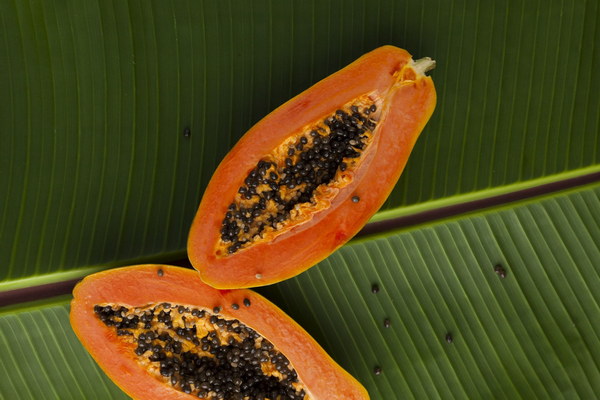
In TCM, tonification is a key aspect of treatment, focusing on balancing the Yin and Yang energies within the body. Practitioners use herbal formulas, acupuncture, and other modalities to tonify specific organs or meridians. Commonly tonified organs include the kidneys, lungs, and spleen, each corresponding to different aspects of health.
For example, kidney tonification is often recommended for individuals experiencing fatigue, weakness, or low libido. Herbs such as ginseng, codonopsis, and astragalus are commonly used to support kidney function and enhance vitality.
Tonification in Ayurveda
Ayurveda, the ancient Indian medical system, emphasizes the balance of three doshas (Vata, Pitta, and Kapha) to maintain health. Tonification in Ayurveda involves balancing these doshas and enhancing the body's innate healing abilities.
Herbal remedies, dietary recommendations, and lifestyle adjustments are tailored to an individual's specific dosha constitution. For instance, a Vata-predominant individual may benefit from tonics that are grounding and warming, such as Ashwagandha or Brahmi.
Tonification in Western Herbalism
Western herbalism also utilizes tonification as a means of strengthening the body's systems. Herbs like eleuthero, schisandra, and rhodiola are known for their adaptogenic properties, helping the body adapt to stress and supporting overall vitality.
Applying Tonification in Daily Life
Tonification can be incorporated into daily life through various practices:
- Diet: Consuming nutrient-rich foods that support the body's functions and boost energy levels.
- Herbal Remedies: Using herbal supplements that have been traditionally used for tonifying specific organs or systems.
- Exercise: Engaging in regular physical activity to improve circulation and strengthen the body.
- Mindfulness: Practicing meditation, yoga, or other mindfulness techniques to balance the mind and reduce stress.
- Lifestyle Changes: Adopting habits that promote health and well-being, such as getting adequate sleep and avoiding harmful substances.
Conclusion
Tonification is a profound and versatile concept that can be applied across various healing traditions. By focusing on the restoration and balance of vital energies, tonification offers a holistic approach to health and wellness. Whether through traditional practices or modern lifestyle adjustments, tonifying the body's systems is a powerful way to enhance one's quality of life and promote long-term health.


